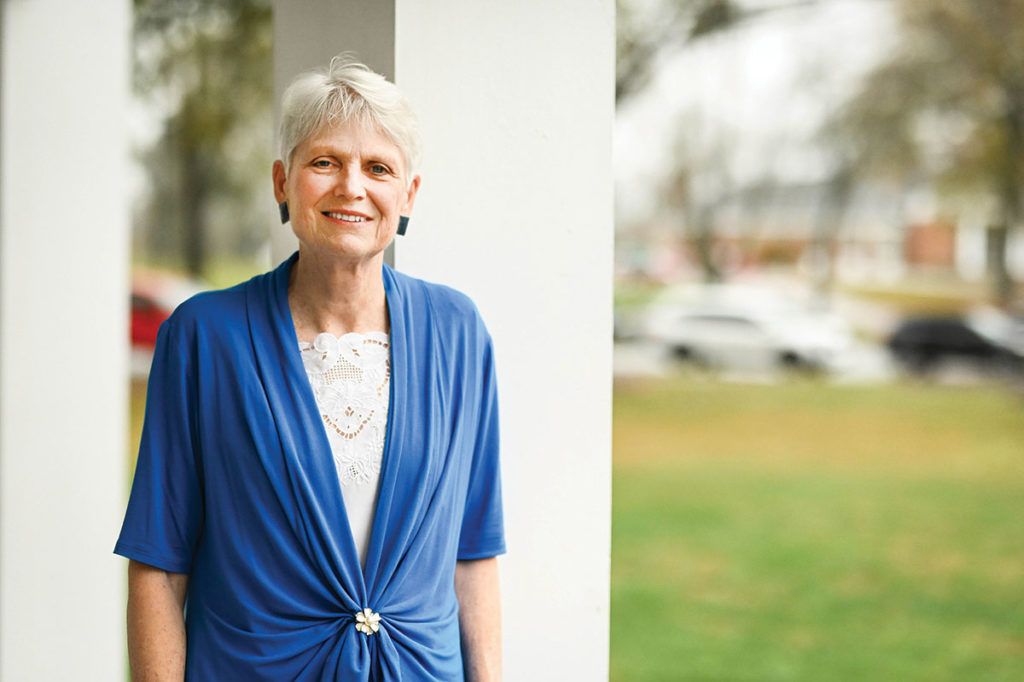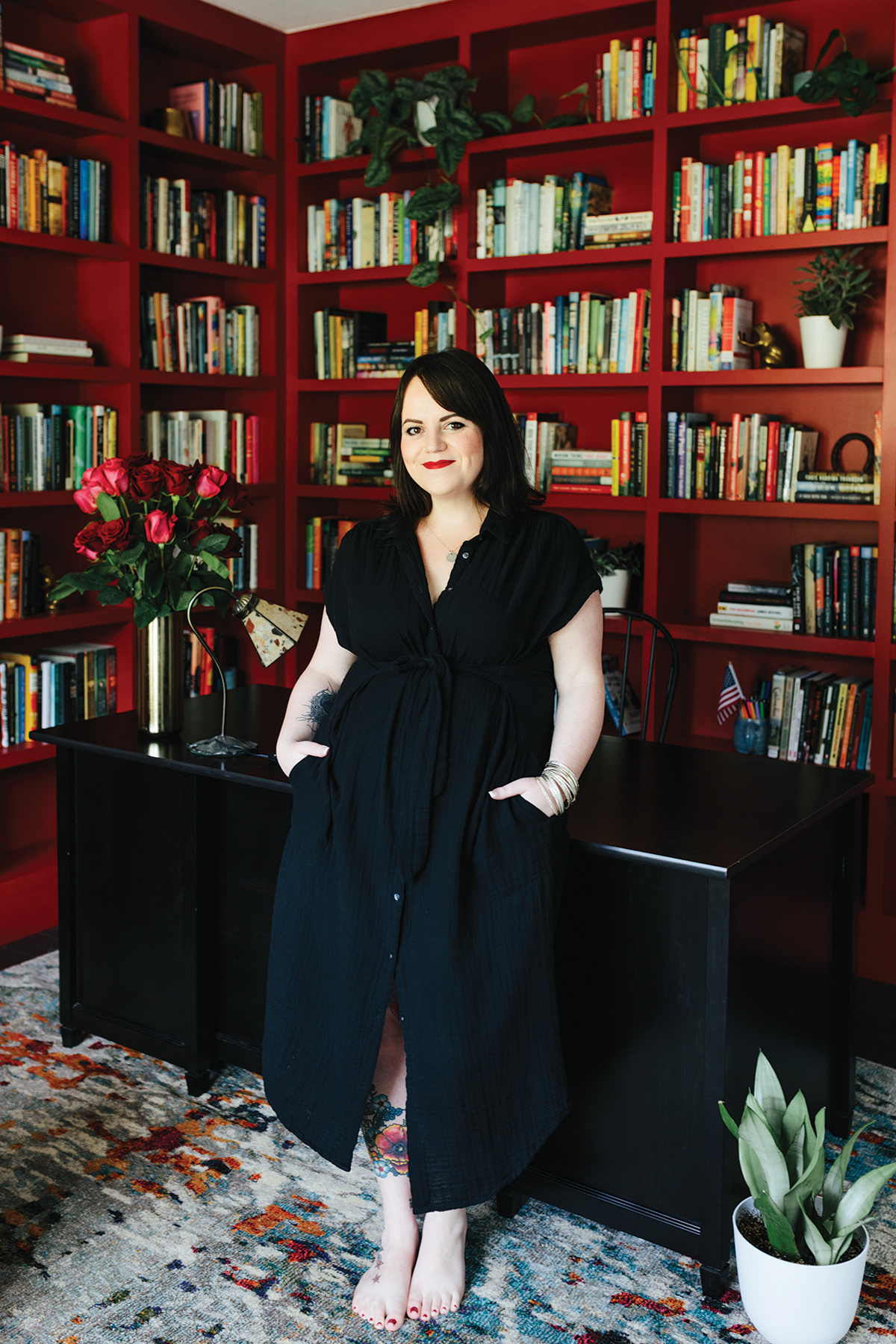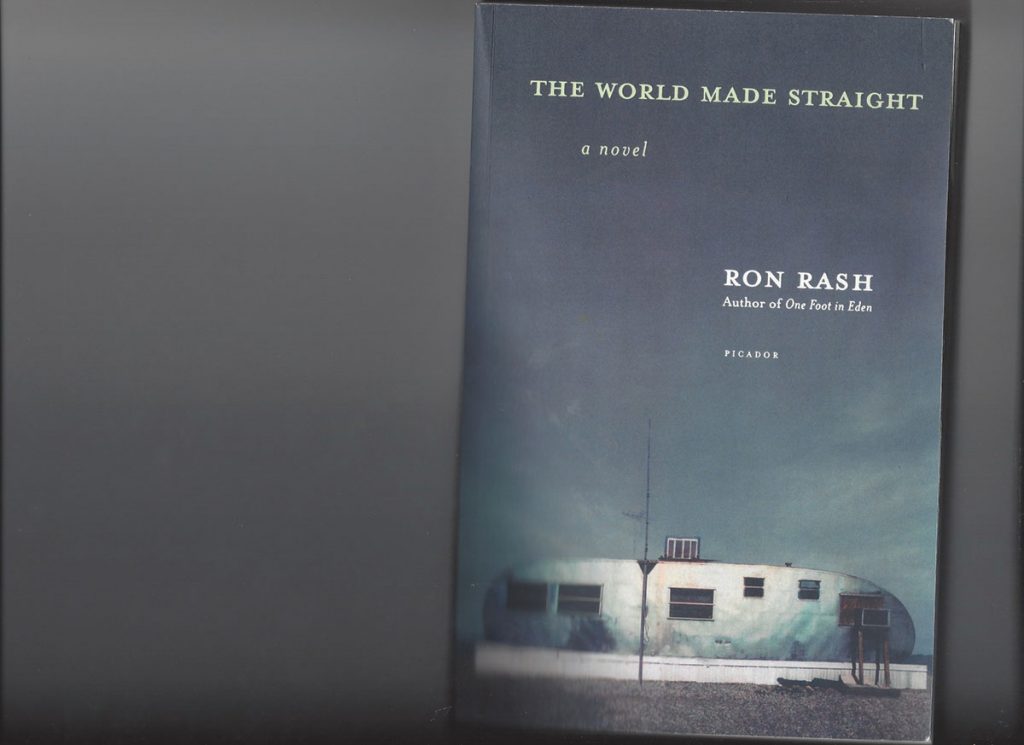
WNC’s literary son Ron Rash headlines the first Looking Glass Writers Conference. Photo by Ulf Anderson.
In his O. Henry Award-winning short story “Speckle Trout,” Ron Rash writes of the mountain fish’s “water-flesh” gleaming like mica in “spring-flow gaps.” A passage in his poem “Wolf Laurel” describes “the creek’s scab of cold covered with snow-drift.” And Rash continues to write from his regional roots — reaching back to the time of timber barons and of landmarks familiar and colloquial. He is, by birthright, a Southern Appalachian writer, and it shows in both literature and blood.
“This is the place I know best,” the author and distinguished professor says from a dull salmon armchair in his Western Carolina University office. Rash was raised in Boiling Springs, a town in the foothills of Cleveland County. “My family has been here a couple hundred years.”
Though works like his period novel Serena and his recent, searing short-story anthology Something Rich and Strange have reaped acclaim far beyond the Blue Ridge, Rash still inhabits his Carolina landscape. This affinity for place, in the literary meaning of the word, will be the focus of Rash’s “Poetry,” one of three workshops at the first annual Looking Glass Rock Writers’ Conference.
Co-hosted by Brevard College and the Transylvania County Library Foundation, the three-day symposium allows 36 wordsmiths to refine their manuscripts and explore what downtown has to offer.
The attendees will also delve into “A Sense of Place,” a theme that centers around the idiomatic nature of landscape and its effects on the human experience. While fitting for the waterfall-ridden backdrop of nearby Pisgah National Forest, the motif encompasses much more. It runs deep through the veins of Southern literature as a whole, says conference director Kenneth Chamlee. “Our writing is grounded in local geography and tradition,” he explains. “It’s attached to the idea of a homestead.”
While Rash intends to focus on the “music of poetry,” incorporating traditional Welsh poems and a bit of Faulkner, Marjorie Hudson of Chatham County — in NC’s Piedmont — and Yaak Valley (Montana) environmentalist Rick Bass are set to discuss fiction and nonfiction, respectively.
Hudson, a graduate of Warren Wilson College’s MFA program, believes places “haunt us, wrap around us like mist on a mountain, echo like a crow’s call” all in an effort to be told. Students can expect to step into worlds imagined by an author’s pen, identifying methods of establishing place in contemporary works. Meanwhile, keynote speaker Bass is going meta, focusing not on the landscape of rolling hills and quaint seaport towns, but of actual sentences.
“In many ways, a sentence is like a place,” Bass writes. “Carrying within it some things that are seen, others, unseen.”
Though the “place” and literary culture of Western North Carolina may not resonate with nonlocal attendees — hailing from California to New England — Rash hopes to find common ground via rich and pure language.
“It’s about creating the universal through the regional,” says the author, his vernacular ringing of an Appalachian rearing. “Writing is about discussing what it means to be human — what it means to be alive.”
“I hope that doesn’t sound too pretentious,” he adds quietly, shifting in the pink armchair. His eyes wander over to the window where rounded peaks are partially obscured by academic buildings, the sky a Carolina blue.
The first annual Looking Glass Rock Writers’ Conference takes place May 20-May 22. For more information, visit www.brevard.edu/writersconference or contact Ken Chamlee at lgrwc@brevard.edu.



